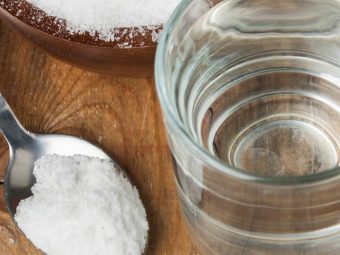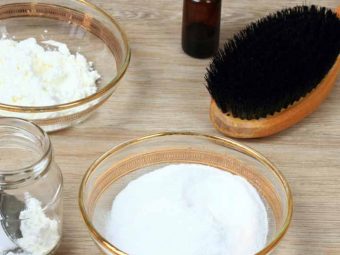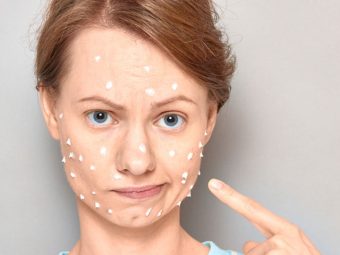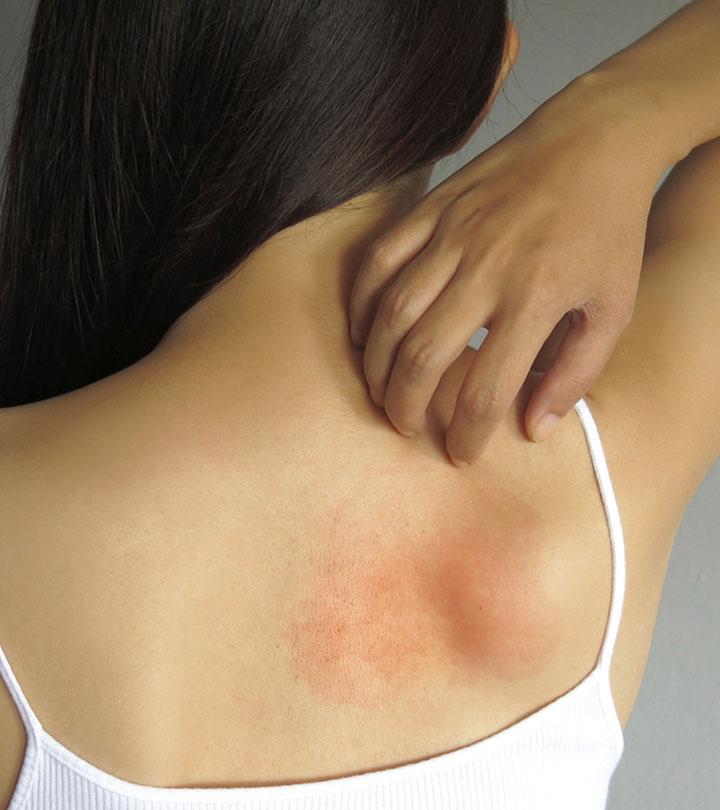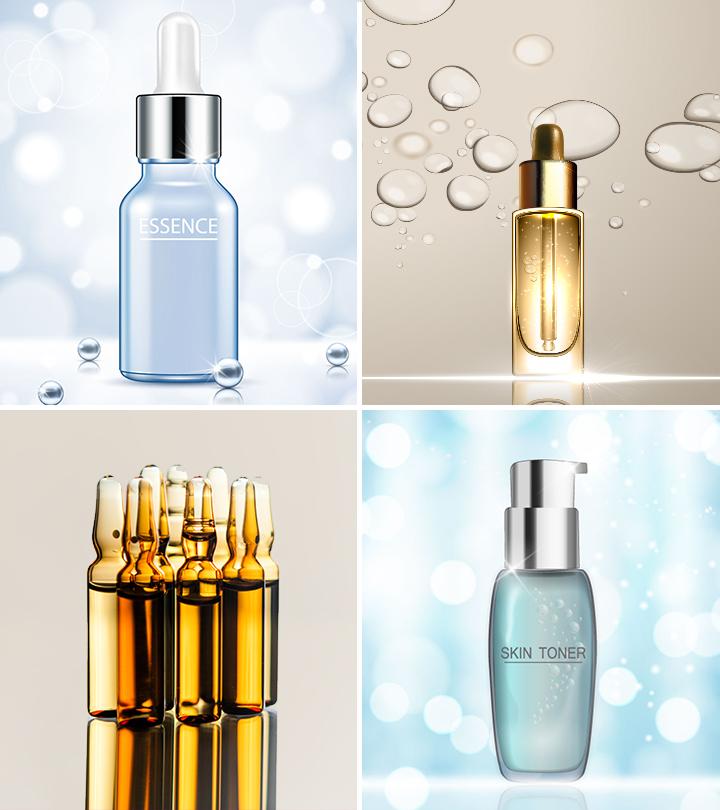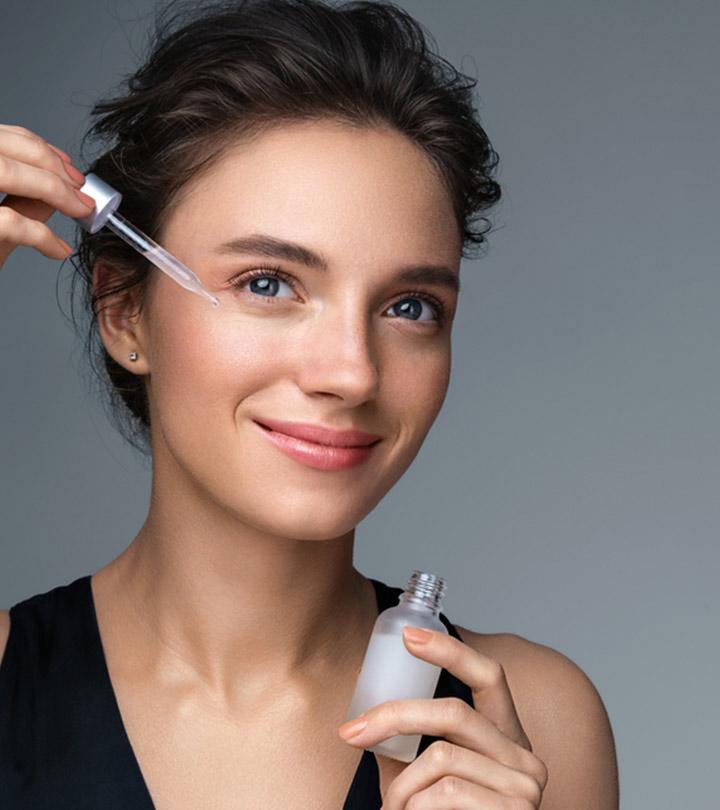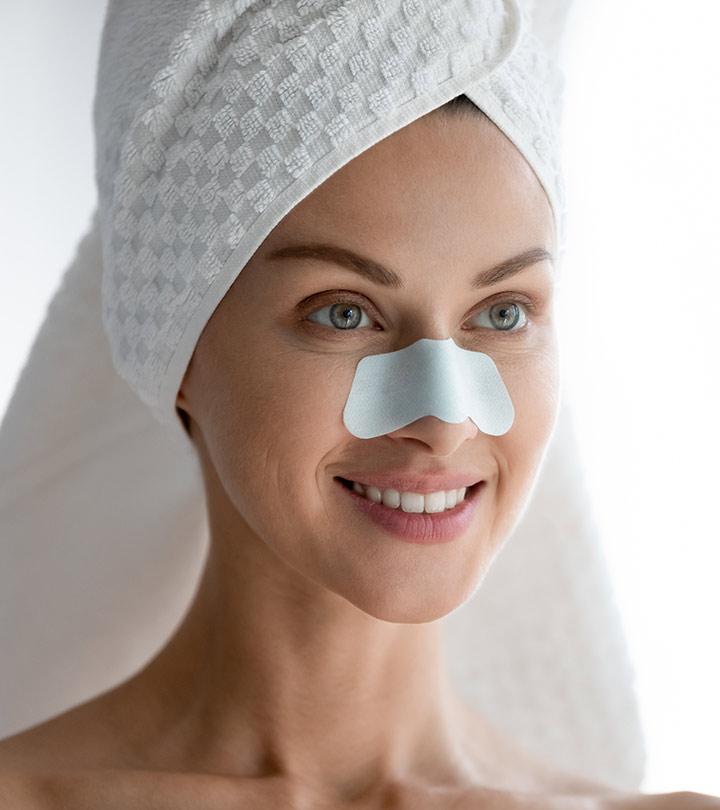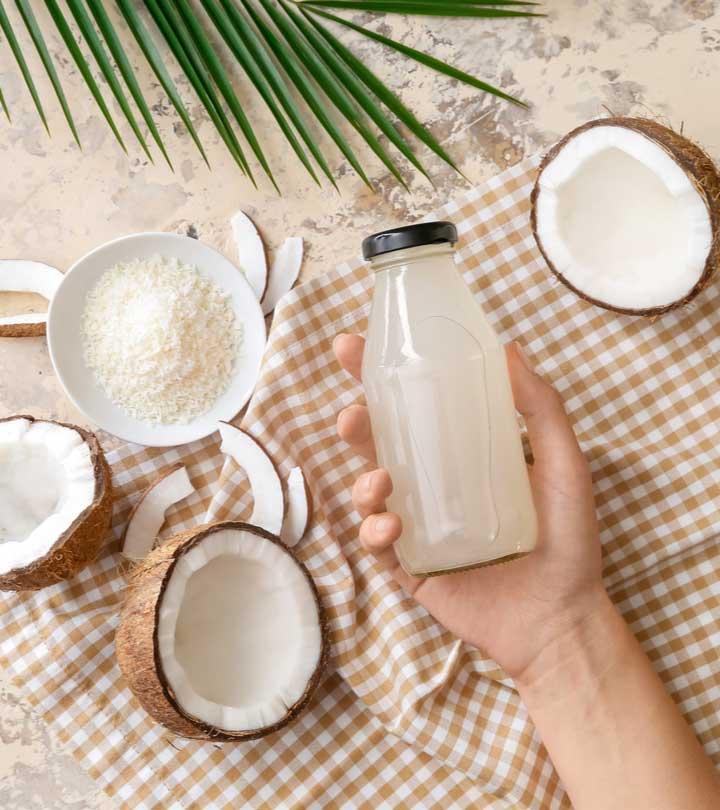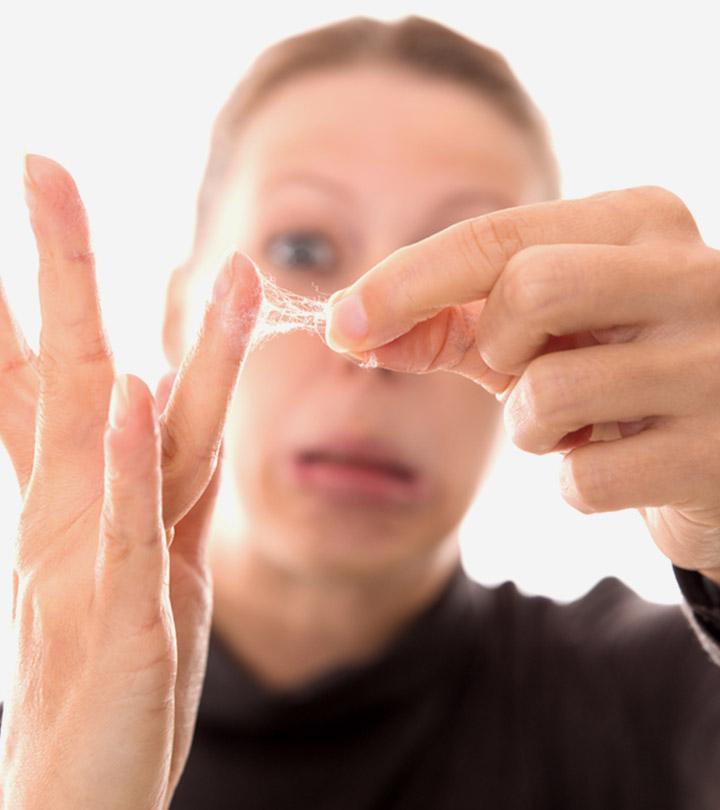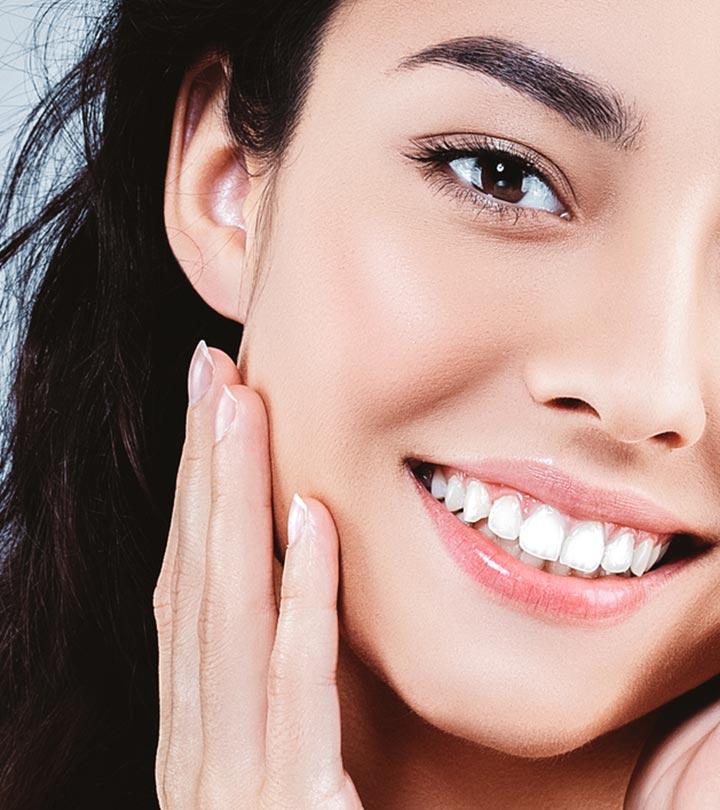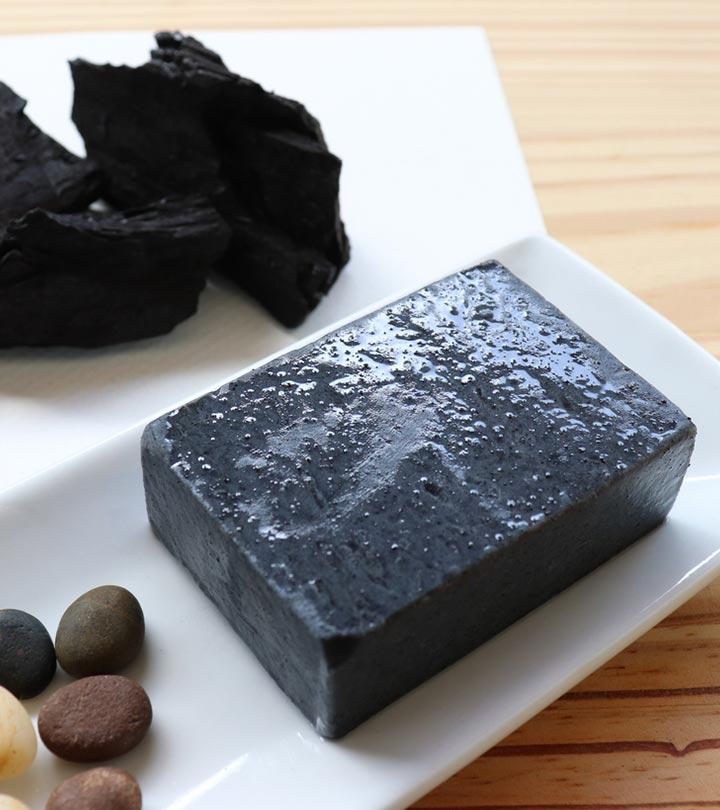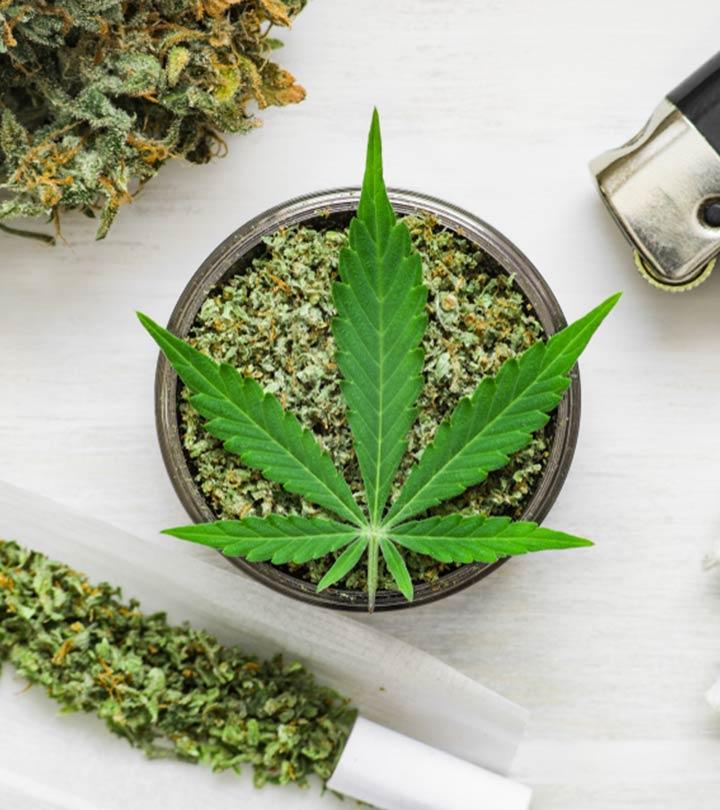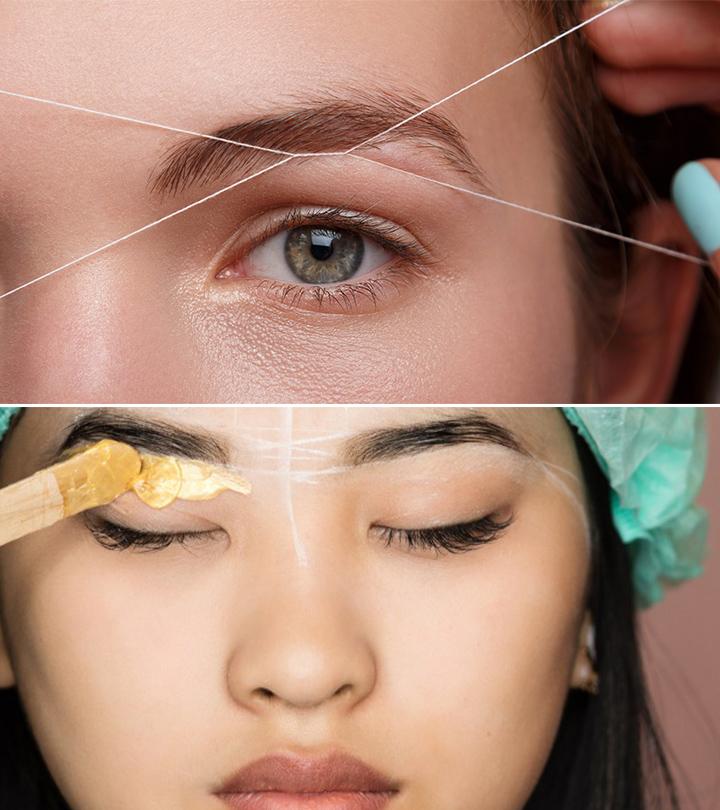Can You Use Sulfur For Acne Treatment? The Science Behind It
Learn the ways to use this effective anti-acne ingredient to avoid skin irritation.
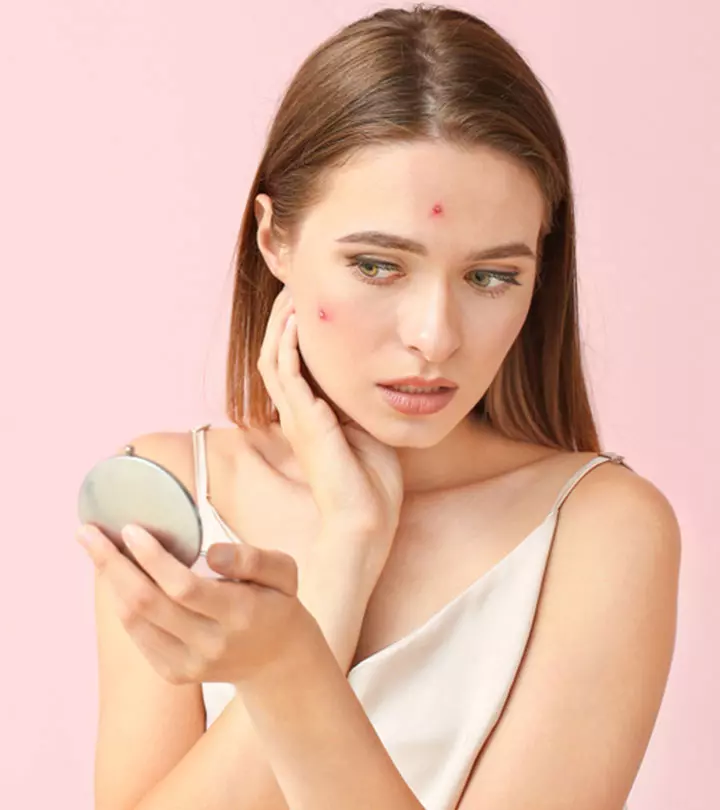
Image: Shutterstock
Acne is a common skin issue. Though several home remedies may help minimize acne, not all may give you good results. Using sulfur for acne is proved to be an effective solution.
It is gentle and suits all skin types. Though there is not enough scientific evidence to support the benefits of sulfur for acne, anecdotal evidence suggests that it effectively manages acne issues.
Sulfur boosts your skin health and may have antibacterial properties. If you are still confused about using sulfur on your skin, this article will help you understand more about the ingredient. Scroll down to learn how sulfur works, what type of acne it may address, and how to use it properly.
In This Article
How Does Sulfur For Acne Work? The Science Behind It
To understand how sulfur is an effective acne treatment, it is essential to understand how acne forms in the first place. If you do not cleanse your skin regularly or are frequently exposed to pollution, dirt and grime can clog your skin’s pores. These external substances can then penetrate the initial layers of the skin and get trapped under them. This causes inflammation, resulting in the formation of acne (1).
 Trivia
TriviaSulfur has been used as an acne treatment for numerous years now due to its drying and antibacterial properties (2). However, enough scientific research has not been done to establish a direct link between sulfur use and acne reduction. According to anecdotal evidence, here is what we know about sulfur for acne treatment and what we can assume based on sulfur’s proven properties:
- Dries Out The Skin: When you apply sulfur on your skin, it dries the top layer of skin and allows you to peel it off. This layer also removes dead skin cells so that new ones grow in their place and unclog the pores. It is also said to absorb excess oil from your skin, leaving it less susceptible to acne (3).
- Antimicrobial Property: Sulfur is also an antimicrobial agent and can fight the acne-causing bacteria Propionibacterium acnes (4).
Let us now take a look at the types of acne that sulfur can be effective for.
What Types Of Acne Does It Work For?
While all acne generally looks the same, it is classified by severity. Sulfur can be a valuable treatment for most of these types of acne. It is also important to note here that sulfur’s efficacy will differ for different people.
1. Mild Acne
Whiteheads and blackheads are classified as mild acne. Mild acne is non-inflammatory and occurs when dead skin cells and excess oil combine to block your pores. A clogged pore open at the top is known as a blackhead, while one that is closed at the top is known as a whitehead.
Sulfur is said to work best on mild acne due to its ability to remove dead skin cells and excess oils from the upper layer of the skin.
2. Moderate Acne
Papules and pustules are classified as moderate acne. These are formed when the pore walls break down and cause them to become clogged (1). This type of pores can become stiff and even cause pain. Pustules are generally more prominent than papules and typically have a yellow or whitehead.
Sulfur, by itself, is not as effective on moderate acne as it is on mild acne. It is more effective when combined with other acne treatments, like benzoyl peroxide (5).
3. Severe Acne
Nodules and cysts can form when the pores of your skin become highly inflamed. This type of acne is painful and lasts longer. It is also much deeper set in the skin than mild or moderate types, which may render it hard to treat. This type of acne also causes redness and scarring (1).
Severe acne is best treated with solid ingredients such as benzoyl peroxide or salicylic acid (5). Sulfur, combined with these ingredients, may also be a good fix. It is best to consult a dermatologist to treat severe acne.
Read on to know more about the skin types that sulfur is suitable for.
Safety Of Sulfur For Acne
As with most skin products, sulfur is not suitable for all skin types. For certain types, using sulfur for acne can even be counterproductive. Sulfur has a high pH, which can make it cause irritation on the skin. This may also leave your skin more vulnerable by removing its natural protective barrier(6).
If your skin is sensitive and stronger ingredients such as benzoyl peroxide and salicylic acid are not suitable for it, sulfur might be the right treatment for you (2), (5). It may be effective as a spot treatment for dry to combination skin types as well.
As with any other skin care product, it is essential to conduct a patch test before you start using sulfur on your face. Just apply it to a small patch on your jawline and leave it on for 24 hours to see how your skin reacts to it.
For skin care products, it is generally recommended that you use the product only sparingly to assess its impact before gradually increasing usage.
Sulfur has various advantages when used for acne treatment. Read on to find out the benefits of sulfur in acne reduction.
Advantages Of Using Sulfur For Acne
As might be evident by now, sulfur has various advantages in skin care. Here are the primary benefits of acne treatment using sulfur.
- Due to its wide availability, using sulfur for acne treatment is very economical.
- A wide variety of skin care products contain sulfur, allowing you to choose the product that best suits you.
- Sulfur is very gentle on your skin.
- Sulfur can be used on all skin types, including sensitive acne.
Using sulfur for acne can also have side effects. Read on to know more about them.
Disadvantages Of Using Sulfur For Acne
Sulfur is generally gentle on the skin But, it has been reported to cause some mild side effects. These include (7):
- Irritation
- Redness
- Itching
- Peeling
- Drying of skin
If you observe any of these side effects when your start using sulfur for acne, consult your dermatologist.
Read on to find out how you can add sulfur to your daily skin care regimen.
How Do You Use Sulfur For Acne Treatment?
Sulfur is present in several different kinds of skin care products. Due to its easy availability and versatile nature, it is possible to add sulfur to your daily skin care regimen in many forms. Here are the ways to use sulfur for acne treatment.
1. Foaming Soap
Foaming soap is among the newest innovations when it comes to using sulfur for acne. It can work well if you have oily skin. You can wash your face with this soap to remove oil from your face early in the morning and use it again at night to unclog your pores. However, do not use the soap too often as it may cause irritation.
2. Clay Mask
The combination of clay and sulfur can be potent as they both dry out your skin. When applying a clay mask, do make sure to follow the given instructions carefully, especially concerning the time for which the mask must be kept on. Also, wash your face and pat it dry before you apply the mask.
 Pro Tip
Pro Tip3. Spot Treatment
You can use a sulfur spot treatment to treat mild acne, such as whiteheads and blackheads. If your acne has already grown considerably, this treatment will have a limited impact. This is a localized treatment that dries out the impacted area and unclogs open pores.
Sulfur has several benefits to your skin as it suits almost all skin types. Though there is insufficient evidence to support the claim, people use sulfur for acne management. According to anecdotal evidence, it is one of the effective ways to manage acne issues. The drying and antibacterial properties of sulfur help you remove dead skin cells, absorb excess oil, unclog the pores, and fight the acne-causing bacteria. Generally, sulfur is gentle on your skin, but it can cause some mild side effects like irritation, redness, and itching. Consult your doctor if you experience any such irritations.
Frequently Asked Questions
Does sulfur make acne worse?
Excessive use of sulfur may lead to adverse reactions such as an increase in acne. However, used in the right quantities and right frequency, it may make symptoms of acne better.
Is sulfur good for cystic acne?
Sulfur may not be effective for cystic acne, which is a severe form of acne and requires medical attention.
Does sulfur help with fungal acne?
Sulfur has antifungal properties that may be effective for mild cases of fungal acne (8). However, for moderate to severe fungal acne, it is recommended to consult a dermatologist.
Key Takeaways
- Sulfur dries out the skin and peels off the outer layer of the skin along with the dead skin cells.
- The antimicrobial properties of sulfur help fight against acne-causing bacteria.
- Though gentle on the skin, it can also cause mild side effects like irritation, redness, itching, peeling, and drying.
Get more information about the science of using sulfur for acne. In this video, a doctor provides detailed knowledge about the mechanisms of action of sulfur on acne and the ways to incorporate it for radiant and clear skin. Check it out below.
References
Articles on StyleCraze are backed by verified information from peer-reviewed and academic research papers, reputed organizations, research institutions, and medical associations to ensure accuracy and relevance. Read our editorial policy to learn more.
- The Role of Inflammation in the Pathology of Acne
https://www.ncbi.nlm.nih.gov/pmc/articles/PMC3780801/ - An update on the management of acne vulgaris
https://www.ncbi.nlm.nih.gov/pmc/articles/PMC3047935/ - Sulfur and skin: from Satan to Saddam!
https://pubmed.ncbi.nlm.nih.gov/17147562/ - Tolerability of topical antimicrobials in treatment of acne vulgaris
https://pubmed.ncbi.nlm.nih.gov/24918554/ - Over-the-counter acne products: What works and why
https://www.mayoclinic.org/diseases-conditions/acne/in-depth/acne-products/art-20045814 - An innovative approach to the topical treatment of acne
https://www.ncbi.nlm.nih.gov/pmc/articles/PMC4399783/ - The Use of Sodium Sulfacetamide 10%-Sulfur 5% Emollient Foam in the Treatment of Acne Vulgaris
https://www.ncbi.nlm.nih.gov/pmc/articles/PMC2923965/ - The use of sulfur in dermatology
https://pubmed.ncbi.nlm.nih.gov/15303787/















